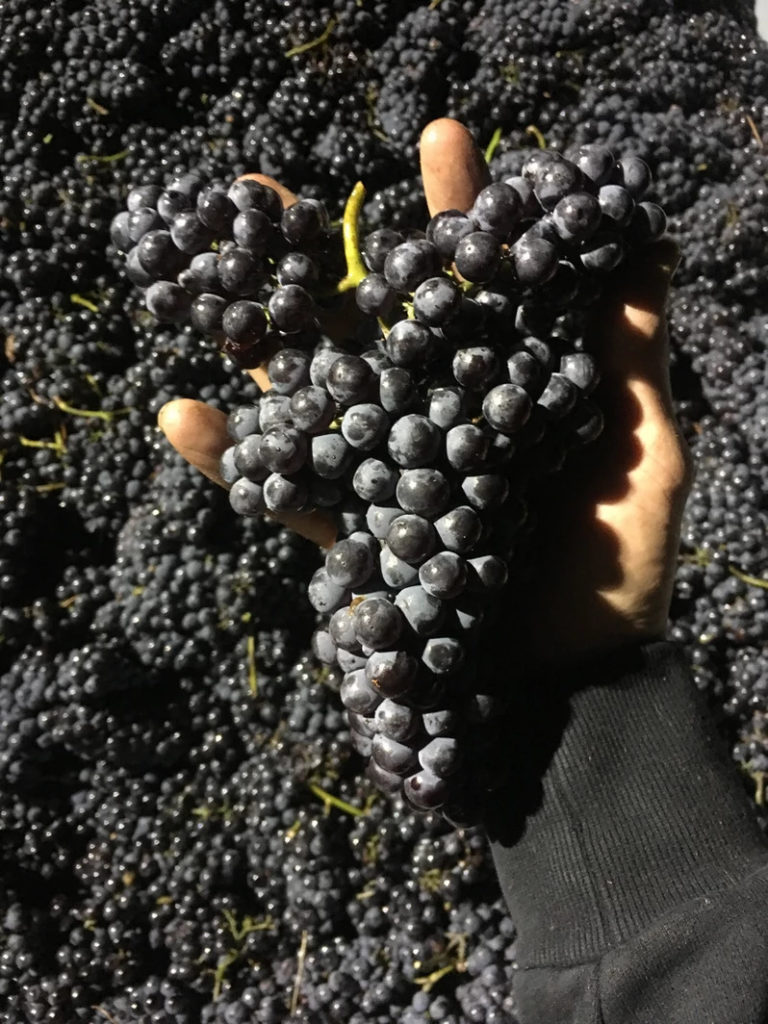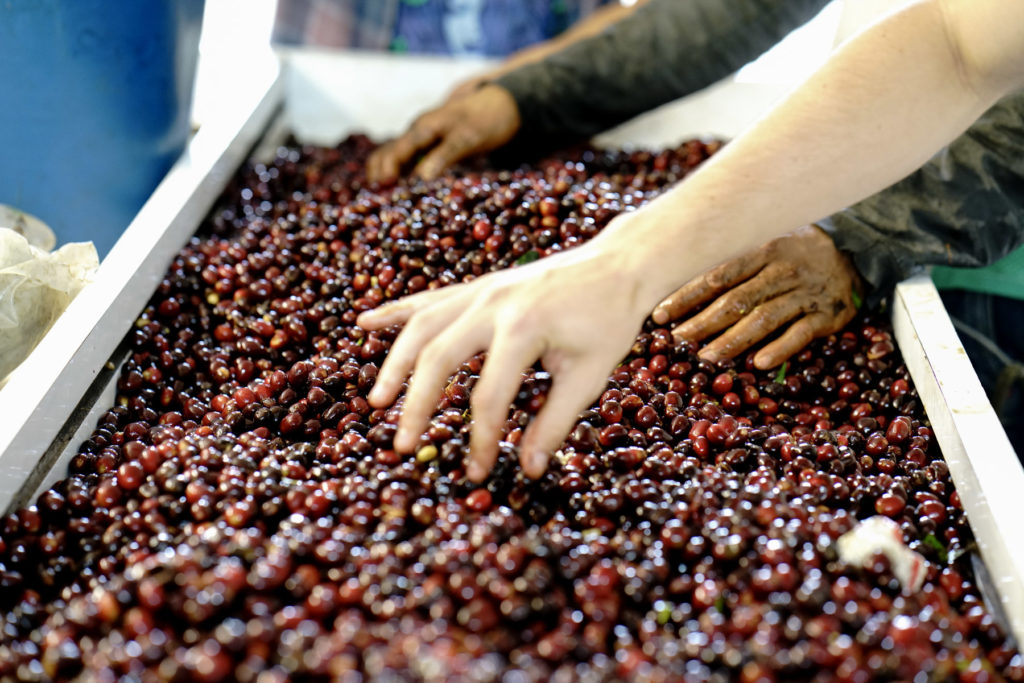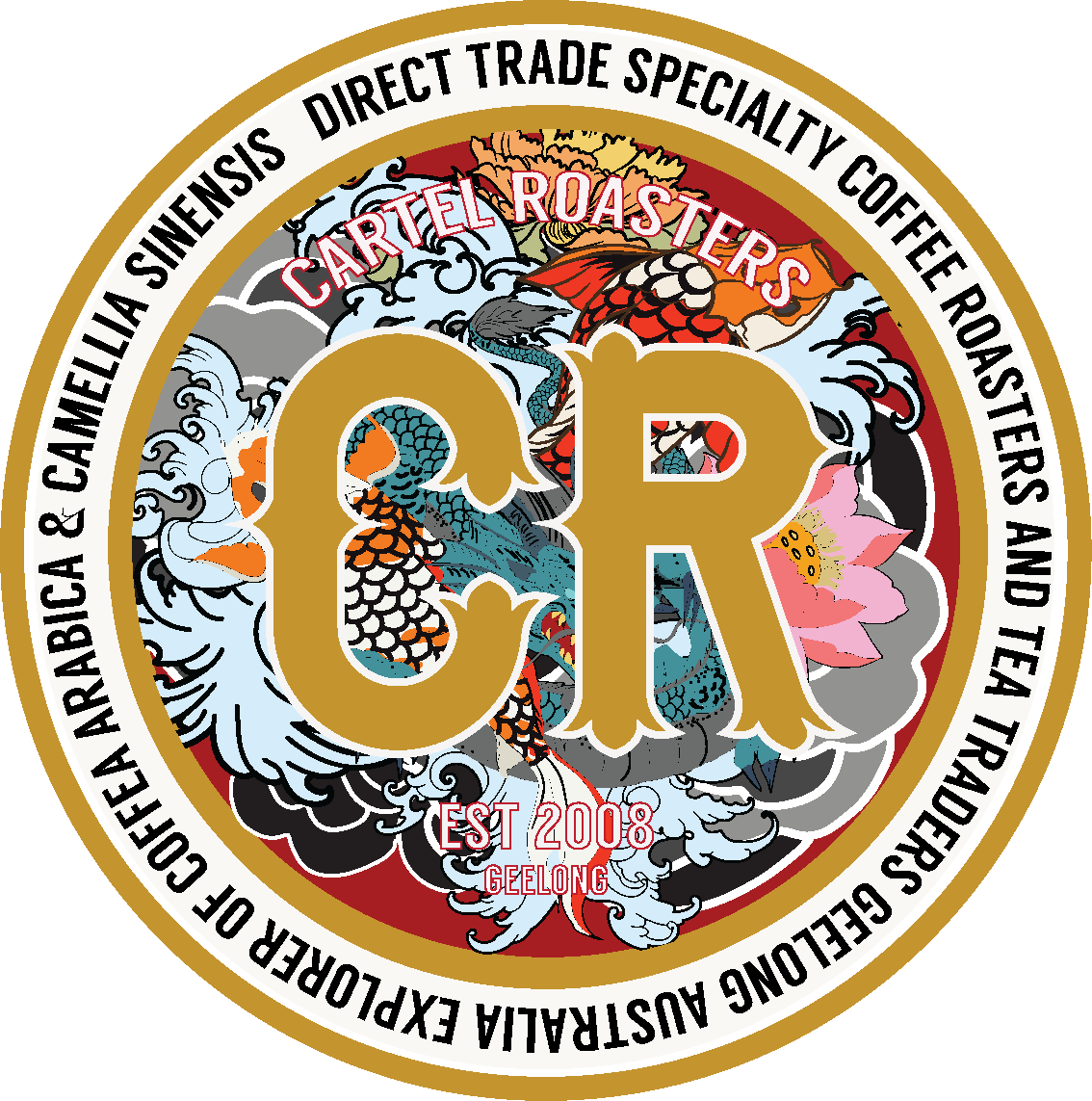My shortest answer for this is…well, there’s really no such thing. There is no one rating system or organisation for Natural wine. It is more of a self policing movement, or rather decision by a winemaker to make wine with as little change as possible.
For us as a company, Natural wine is simply wine, or good wine made to the best specifications of Nature and the intent of the winemaker. Much like with Speciality Coffee, wine producers play the hand they are dealt every year and manage their vines through pruning, good soil management and frequent testing. Use of brix meters tasting frequently and handpicking are an essential part of Natural Wine and Coffee.
There are a few basic things needed (or rather not needed) to Make a wine “Natural” (Aka Minimal Intervention, or Lo-Fi). Firstly is good farming. Most Natural wine is tended in an organic or biodynamic manner with minimal use of sprays and pesticides. Instead winemakers promote a more harmonious Balance with Nature, preferring multi-cropping viticulture. One great proponent of this is Frank Cornelissen, who’s amazing Susucaru wine turned Action Bronson into an amazing Natural wine Ambassador. Cornelissen famously said that we would never be able to tame nature, and the best we can do, is achieve a Harmony with it. The next big indicator of a tasty Natural is Indigenous Yeasts. Commercial wines have the goal of producing the same product year in and year out. Which means manipulating their wines to ensure that they get the same result. Natural wines do the opposite. Producers look to see what their fruits yield, and pick the best time to pick and process. Finally the sulphur debate. Some Winemakers use none, some use a bit at bottling. For us, less is better, but we understand the nature of business, some wines can be too volatile without sulphur, other times S02 is produced naturally in the winemaking process so therefore it must be reported.
So why Coffee and Wine? Firstly, have you tried them? they’re delicious. Should definitely click around on this great website and try stuff you’ve never tried before. But more importantly, it’s fun. It’s fun to learn about the Coffee Producers and Winemakers backgrounds. It’s fun to track their growth through vintages and new techniques, or mastery of old ones. It’s fun to learn how climate, soil, length in barrel or brew times and temperatures can change the outcomes of a drink. It’s good to help support small farmers with sustainable pricing and practices. And Finally, it’s fun to share. Never lose sight that these drinks are great to learn about, but they are first and foremost fun to share, and fun to drink.



